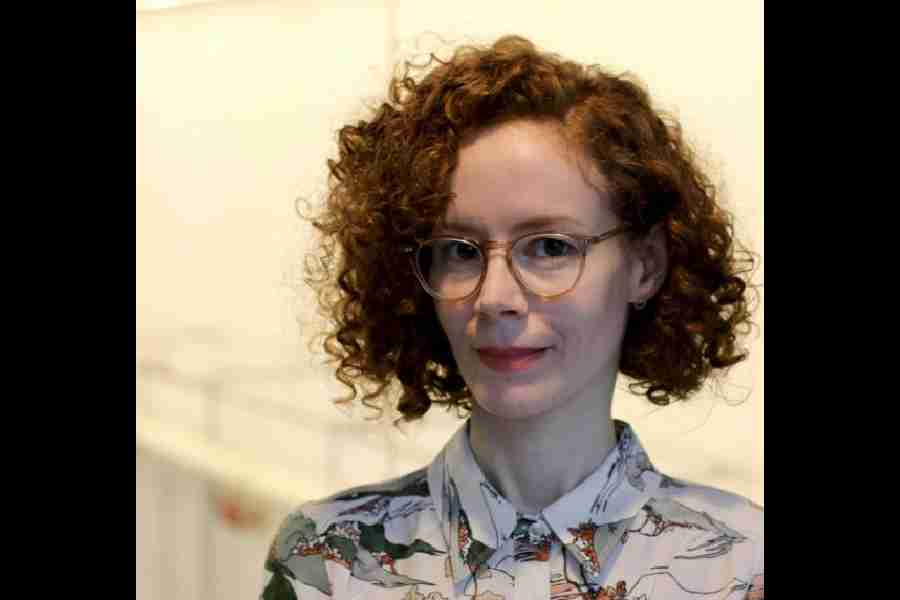Rebecca Journey, a lecturer at the University of Chicago, thought little of calling her new undergraduate seminar “The Problem of Whiteness”. Though provocatively titled, the anthropology course covered familiar academic territory: how the racial category “white” has changed over time.
She was surprised, then, when her inbox exploded in November with vitriolic messages from dozens of strangers. One wrote that she was “deeply evil”. Another: “Blow your head clean off”.
The instigator was Daniel Schmidt, a sophomore and conservative activist with tens of thousands of social media followers. He tweeted, “Anti-white hatred is now mainstream academic inquiry,” along with the course description and Journey’s photo and university email address.
Spooked, Journey, a newly minted PhD preparing to hit the academic job market, postponed her class to the spring. Then she filed complaints with the university, accusing Schmidt of doxxing and harassing her.
Schmidt, 19, denied encouraging anyone to harass her. And university officials dismissed her claims. As far as they knew, they said, Schmidt did not personally send her any abusive emails. And under the university’s longstanding, much-hailed commitment to academic freedom, the speech was restricted only when it “constitutes a genuine threat or harassment”.
The university’s 2014 declaration of free speech principles, known as the Chicago statement, has become a touchstone and guide for colleges across the country that have struggled to manage campus controversies, particularly when liberal students shout down conservative speakers. Scores of schools have adopted it.
But what followed for the rest of the academic year at the University of Chicago has tested whether its principles address a new, rapidly changing environment where a single tweet can rain down vitriol and threats. The Chicago statement assumes that what takes place on campuses is “in good faith and that people have an interest in engaging the ideas”, said Isaac A. Kamola, of Faculty First Responders, which monitors conservative attacks on academics. But, he added, “The ecosystem that Daniel Schmidt is part of has no interest in having a conversation.”
Geoffrey R. Stone, a law professor, led the faculty committee that drafted the Chicago statement. He said that back then, the group was not thinking about how online threats could harm free expression — never mind this situation, where Schmidt simply posted a tweet with publicly available information.
Posting repeatedly, while knowing the response, might be harassment, said Erwin Chemerinsky, a constitutional law scholar at the University of California, Berkeley.
But, he said, “The hard question is, where is that line crossed?” Schmidt seemed to understand that he stood right at the divide.
“Any other school would have probably expelled me by now,” he tweeted in March. “UChicago is the only top school that cares about free speech.” Classes that explore whiteness have been taught in liberal arts departments for decades. Students explore how white people are treated as the norm, affecting, among other things, wealth and political power.
Journey’s syllabus included readings like, How Did Jews Become White Folks? by Karen Brodkin and The Souls of White Folk, a lesser-known essay by W.E.B. Du Bois.
Similar courses, though, have come under scrutiny by conservatives for being divisive.
New York Times News Service










